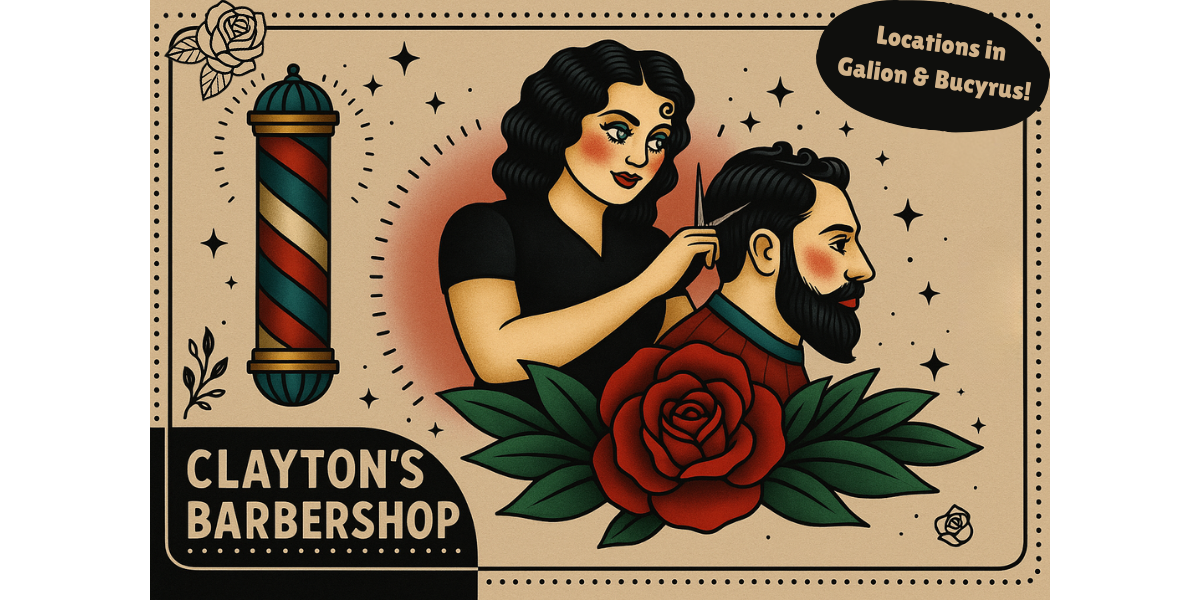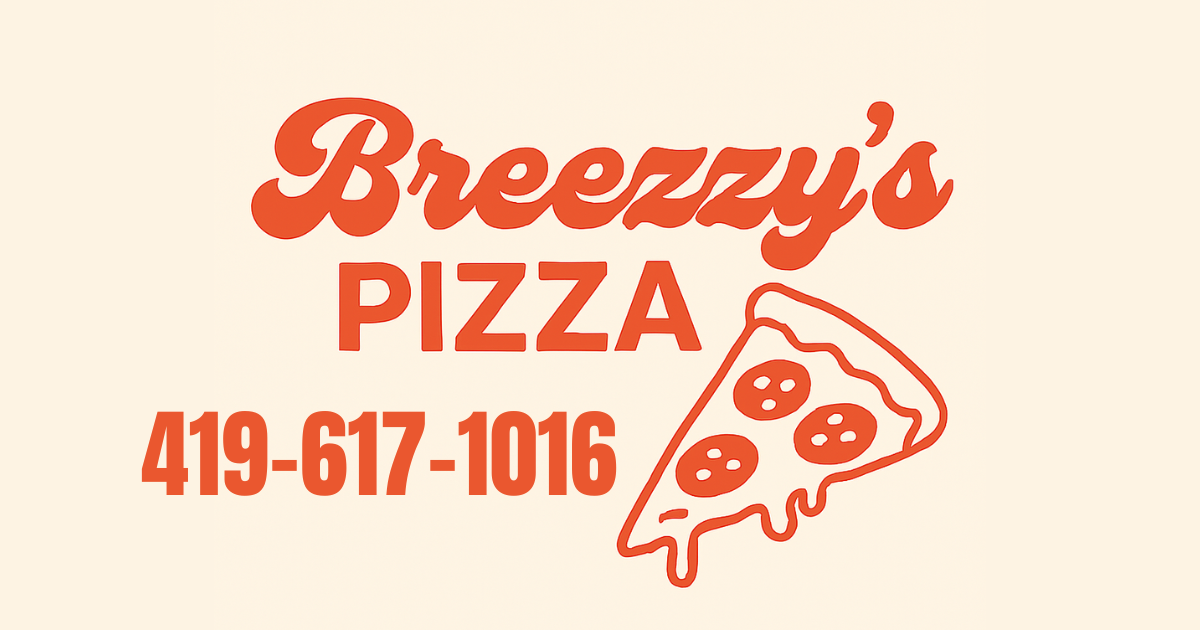By Logan Andrew, Editor-in-Chief | FreeWire — Your News, Your Voice

A few years back, researchers at UC Berkeley ran a study using a rigged game of Monopoly. Two strangers sat down to play. One of them, by random assignment, got all the advantages—twice the starting money, two dice instead of one, and more cash every time they passed Go. The other player? Regular rules. Good luck.
At first, the advantaged player laughed awkwardly. They knew the deck was stacked. But as the game wore on, something shifted. They got a little more confident. A little louder. Some started bragging about their “strategy.” One even slammed his hand on the table and celebrated like he’d just closed a major real estate deal instead of landing on Marvin Gardens thanks to a loaded dice roll.
By the end of the game, most had forgotten (or were trying really hard to forget) how they got ahead in the first place.
Sound familiar?
Because here in the real world, we’ve got a lot of people walking around with Monopoly money and a main character complex. People born into comfort, opportunity, and safety nets who think their success is purely self-made—and who now spend their time lecturing everyone else about work ethic, discipline, and “personal responsibility.”
They climbed the ladder and then yanked it up behind them. And now they stand at the top, shaking their heads at everyone still on the ground.
You know the type:
- The person who inherited the family business and then rails against student loan forgiveness.
- The guy who bought his first house when prices were sane, now telling 20-somethings they just need to stop buying lattes.
- The person who never missed a meal growing up but calls free school lunches “government handouts.”
They mistake fortune for foresight. Inheritance for hustle. Safety for superiority.
Let’s be clear: hard work matters. Hustle matters. But so does starting position. So do the unseen hands that kept the bills paid, the mentors who opened doors, the systems designed to reward certain people more than others—whether that’s based on class, color, gender, or zip code.
The problem isn’t success. The problem is pretending the climb was solo when it wasn’t—and then guarding the ladder like it’s sacred.
Because the truth is, some of the same people preaching “personal accountability” wouldn’t last a week living under the conditions they expect others to endure indefinitely. Some of them would fold faster than a lawn chair if they woke up tomorrow with the same paycheck, the same medical bills, or the same childhood trauma they scoff at on social media.
We’ve turned privilege into a performance and humility into weakness. And it’s not just sad—it’s dangerous. Because when the people with the most influence can’t admit they’ve had a leg up, they build systems that assume everyone else must be failing on purpose.
But life isn’t Monopoly. You don’t win by owning everything. You win by making the game worth playing for the people who come after you. That means leaving the ladder up. That means sharing the strategy guide. That means remembering how you got there, not rewriting it.
Otherwise, we’re just a bunch of people pretending the game is fair—while holding all the cards and acting surprised when others flip the board.




















